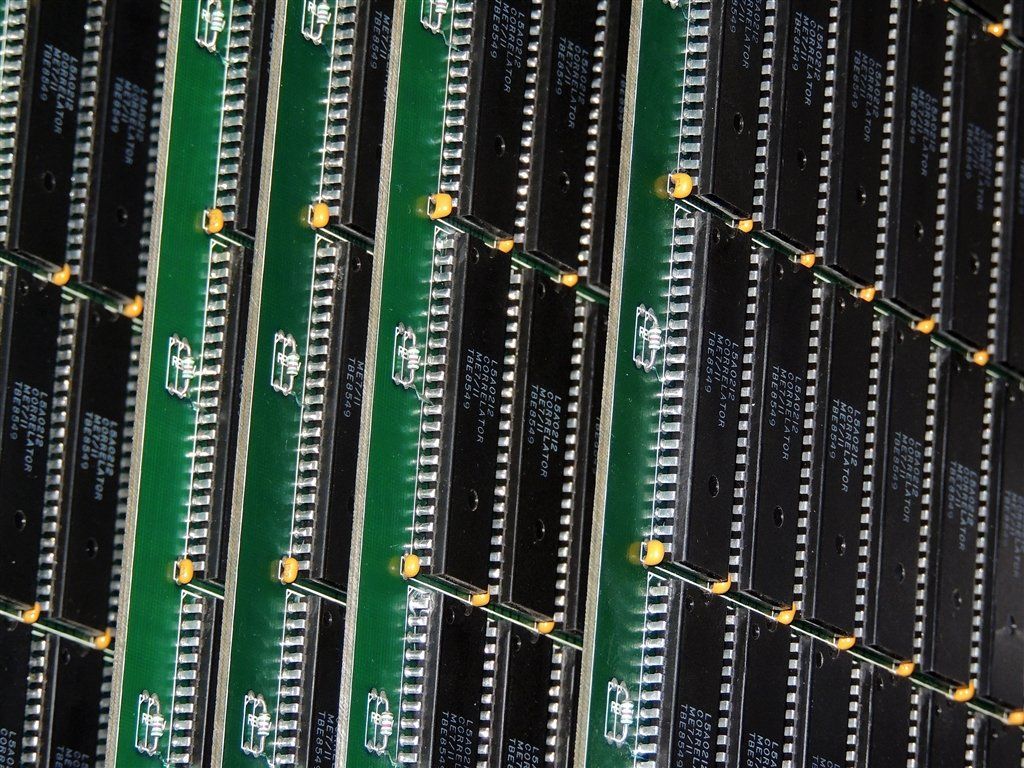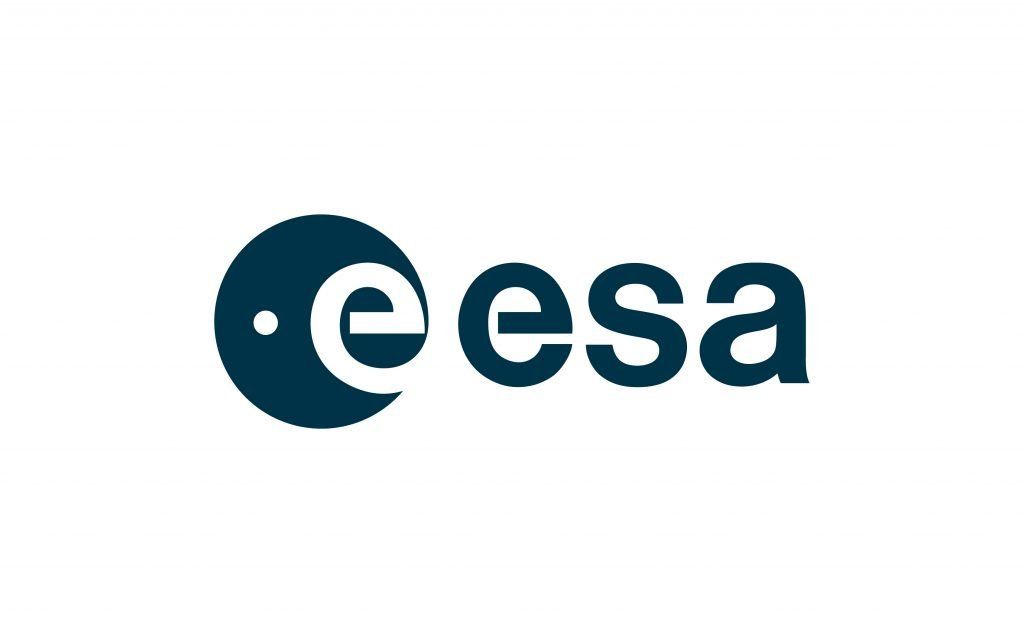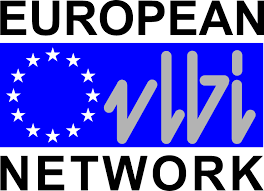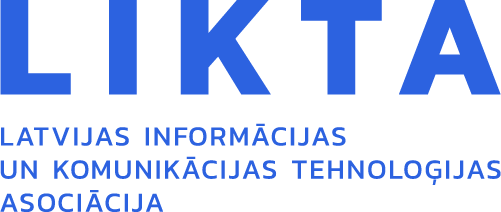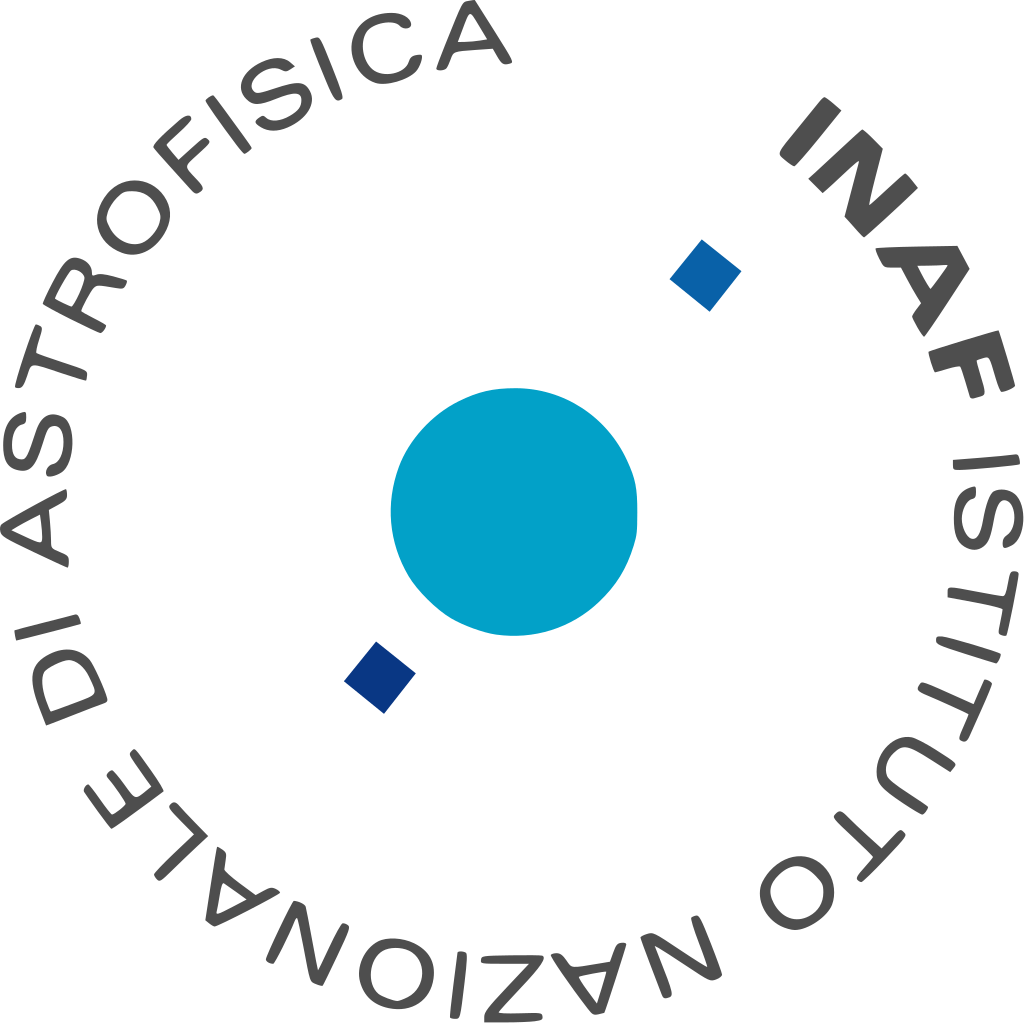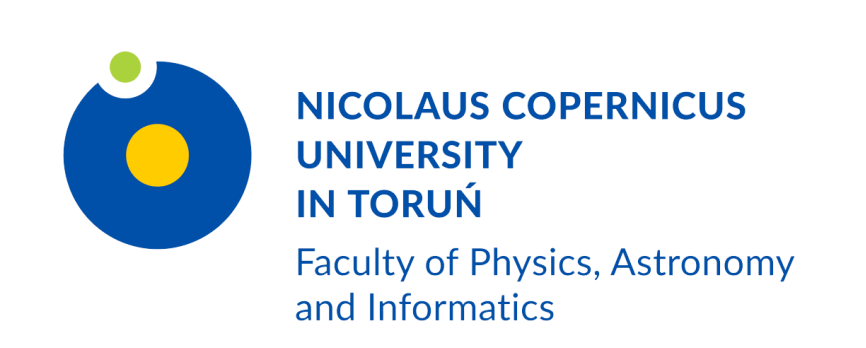This web page is created within BALTICS project funded from the European Union’s Horizon2020 Research and Innovation Programme under grant agreement No.692257.
Experience
Electronics and Satellite Technology department initially was established as a Research Support department while taking into account the field of specialisation of ERI VIRAC – radio astronomy. However, well-considered development of this department allowed undertaking prospective independent studies that are not necessarily related to radio astronomy but still closely related to both space exploration and satellite technology applications.
The main aim of studies carried out in Electronics and Satellite Technology department is to achieve excellence at the European level within the field of electronics, small satellite, and radio antenna technologies so that the results of studies would be applicable to the improvement of VIRAC’s radio astronomy set of instruments, EEN industry, and other economic sectors, therefore, being able to improve the specialisation of region and economic development in Latvia.
The above-mentioned is intended to be achieved by providing research with frontier signal receiving, system simulation hardware, and software for radio astronomy and satellite construction, therefore, promoting cooperation with the industry and starting new innovative businesses. Lines of action that are prioritized include satellite communication (satellite and ground station), embedded signal processing, software defined radio (SDR), signal streaming, network and sensor network technologies, smart and wireless technology, data compression and processing as well as aperture, planar, and grid antenna technologies.
In order to implement the above-mentioned and ensure the scientific capacity needed for the success of the ERI VIRAC, this department intends to carry out various researches in the following areas:
Area 1. Satellite engineering
- Nanosatellite system engineering: small satellite subsystem manufacturing;
- Research on satellite sensor data processing algorithms and the development of efficient data processing firmware;
- Research on satellite tracking algorithms and development of satellite navigation system;
- Research on communication technologies satellite-ground, ground-satellite, satellite-satellite, and the development of a communication system.
Area 2. New antenna technology
- Research and development of low signal-sensing low-noise radio path technology;
- Research on antennas and their feeder systems and development of antennas;
- Research on antenna grid technology and development of antenna grid;
- Research on signal sampling technology and development of sampling solutions;
- Research on digital aperture antenna signal processing, beam shaping algorithms, and high-performance signal processing applications and development of proper nodes and software;
- Research on radio astronomy data signal processing, radio astronomy data reduction, and imaging algorithms; development of VLBI, LOFAR, SKA hardware and firmware;
Area 3. Cyber-physical systems and sensor network technologies
- Research on sensor network and M2M technologies;
- Development of applications and solutions in smart home technology;
- Research on cyber-physical systems and development of implementations.
The selected lines of action ensure that the Electronics and Satellite Technology department of ERI VIRAC development plan is consistent with the Latvian economic transformation strategy of “Smart Specialisation Strategy” – “Future growth of sectors in which exist or may be products and services with high added value”, “Smart materials, technologies and engineering systems”, and “Information and communication technologies (ICT)”.


